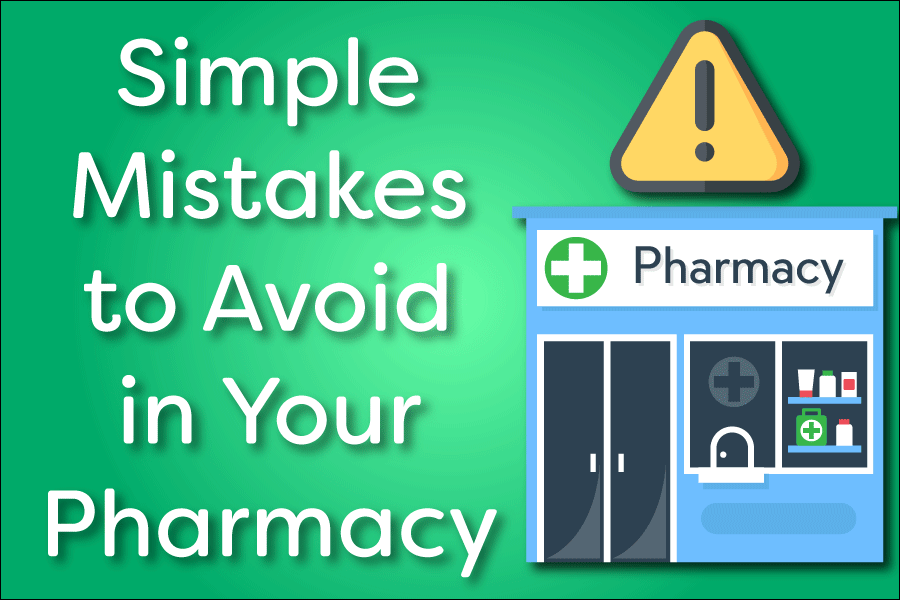“Success breeds complacency. Complacency breeds failure. Only the paranoid survive.” – Andy Grove, founder and former CEO of Intel.
It’s easy to fall into the trap of complacency when owning and operating a compounding pharmacy. While you may think your operations are going perfectly, some pharmacists have been known to gradually cut corners over time, leading to potential legal issues or even harm to patients. With that in mind, here are three simple mistakes your pharmacy might be making right now that are worth avoiding:
1. Using Inadequate SOPs.
Daily operations change; your standard operating procedures should, too! We often find that pharmacists use the same SOPs that have been in place for years. While this is fine if they still comply with regulations, it’s not good if they don’t match your usual operations.
That’s not to say they should be completely thrown out! SOPs should be organic, and they should grow and change alongside your pharmacy. We believe that an SOP is perfect when it completely adheres to daily routines and complies with all current USP standards.
2. Faulty Compounding Operations.
It’s surprising that in such a heavily regulated industry, we still find pharmacists who forget to tare their scales or try to match up milliliters to milligrams in the lab. These little mistakes gradually add up and can turn into larger problems in the future.
As a rule of thumb, we highly recommend that you hire an outside contractor to check your scales annually. This will ensure that measurements are consistently accurate and that compounds are being created with the ideal weights. A scale that’s slightly off balance can lead to inaccurate compounds that may become harmful to patients.
3. Relying Too Much on Professional Judgment.
Pharmacy was once known as both a science and an art. In the last few decades, regulations have pushed the industry towards more of a science. The industry is trying to get pharmacists to rely less on their own professional discretion for a more ‘by-the- book’ approach, and for good reason. For instance, we see that many pharmacists give hazardous drugs a ‘standard’ 180-day beyond use date. This may come as an obvious problem because not all hazardous drugs are the same, so there is no universal BUD. Each drug should be treated as a separate entity and dated accordingly.
Complacency is an unwarranted emotion in the pharmacy. It is essential to take a broad view of your pharmacy’s operations annually to make sure that the simple mistakes aren’t adding up. While inadequate SOPs, faulty compounding operations and professional judgment still exist in the industry, taking a holistic approach to tackling these issues will greatly benefit both the safety and quality of your pharmacy. Though complacency may breed failure, proactivity breeds success.
Gates Healthcare Associates – Because Compounding Doesn’t Have to be Complicated


